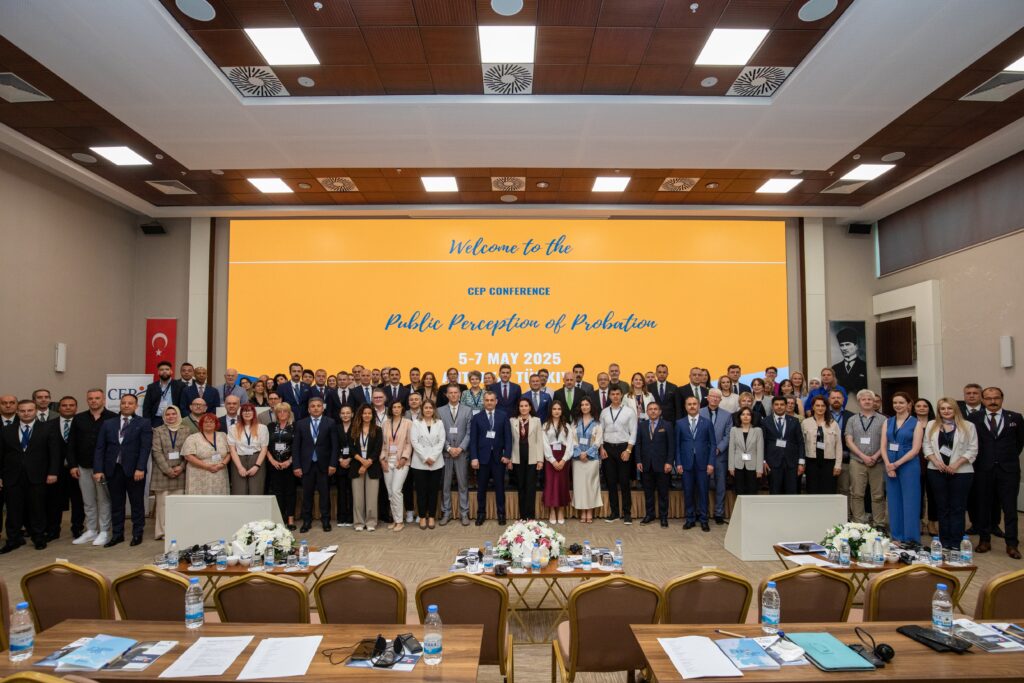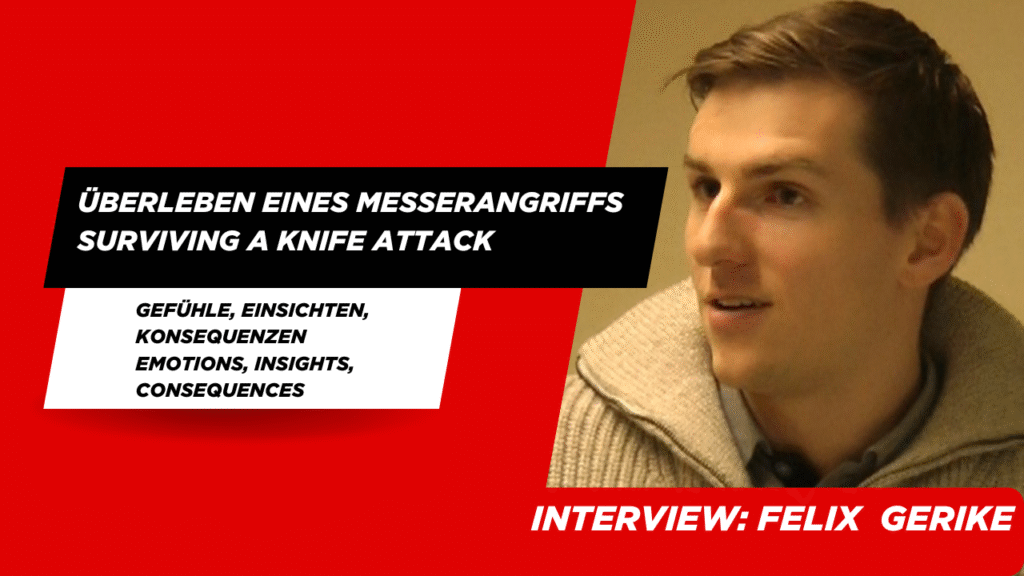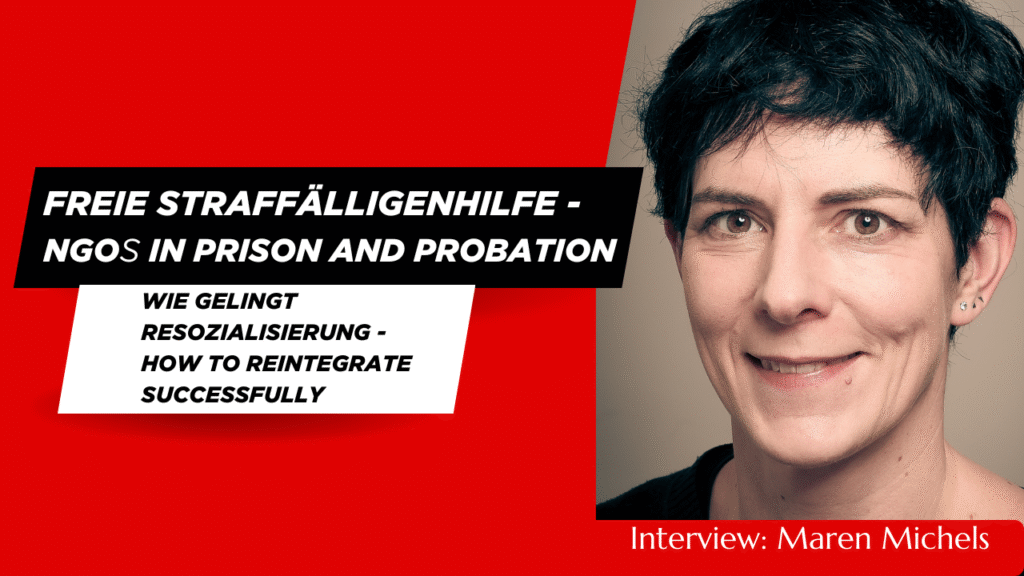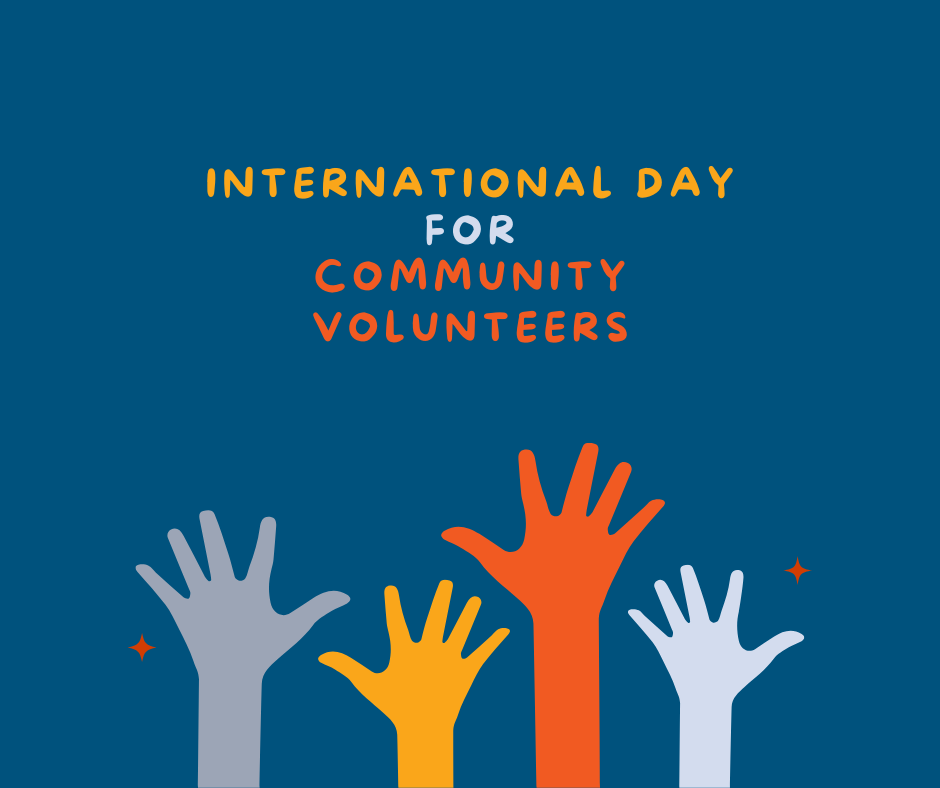Previous Article
News
An interview with Ursula Fernée about Dublin’s play ”Stronger” by Geoff Power
Assistant Principal Probation Officer Ursula Fernée, Irish Probation Service in conversation with the CEP, on a Restorative Justice based play which will feature as a reading/webinar in Dublin Theatre Festival Programme on the 7th October 2020.
My role and the organisation
I have worked in the Probation Service for what might best be described a as, well substantial number of years. My experience in practitioner and management roles has ranged across prison and community work, staff training and project development. I am currently based in the Operations Directorate with responsibility for the Restorative Justice and Victim Services Unit. Established in October 2019 with a national remit, the Unit oversees and supports the delivery of restorative justice in probation practice. It provides a central point of contact to respond to a range of victim requests that may include a request for mediation. I am a core member of the cross- European project entitled “Strategies for Change” that emanated from the 10th conference of the European Forum for Restorative Justice and commenced for a four-year period in 2019.
The Probation Service works collaboratively with criminal justice stakeholders as well as our partner community agencies to reduce reoffending and support rehabilitation and community reintegration. In July, this year we were delighted to welcome the appointment of the new Probation Service Director, Mark Wilson. This summer also saw the launch of the new Programme for Government – Our Shared Future, which includes a commitment to working with all criminal justice agencies to build a capacity that delivers Restorative Justice safely and effectively.
Can you tell me something about the storyline of the play and what is the meaning of the title “Stronger”
The play revolves around a woman whose life is thrown into a sea of pain and turmoil when she is sexually assaulted by a young man, someone she knows and cares about. The writer draws us in to her everyday normal routine. When that normality is shattered, we follow the twists and turns of this woman’s journey through the criminal justice system. We have access to her uniquely personal quest for understanding, meaning and ultimately a form of resolution that makes sense to her. I may have said too much now……. You know in all the time that I have known the writer Geoff Power I have never discussed why he chose that title so, that is his story! For me, it always felt like the right title. Strength, in its various manifestations, is visible across all the characters. Staying strong is the challenge and getting stronger is the ultimate goal. I like that it is a dynamic word particularly as it seems to capture something of the essence of restorative justice.
Why did the Probation Service get involved and what is your role?
Geoff Power contacted us some years ago when he was working on the early drafts. We had some really interesting conversations about the script. How the play could contribute to an increased awareness of the impact of sexual violence on those harmed? How restorative justice can respond to victim needs that are unmet in traditional justice procedure? At the time the Service had produced a strategy to guide and inform restorative justice practice in probation supervision. It was also responding to a small number of requests from victims who wished to consider if not pursue restorative approaches. Following consultation with the Department of Justice and recognising the important role of the Arts in highlighting and promoting discussion on social issues, the Probation Service committed resources to support the staging of the play. Geoff also secured funding from Dublin City Council and long established theatre company, Guna Nua, also came on board as producers. That commitment and determination bore fruit when the production received additional funding from the Arts Council and Dublin Theatre Festival accepted the play for its 2020programme.My colleague and I from the Unit have collaborated with Geoff and Guna Nua Theatre Company to respond to their questions on the theory and practice of RJ. This included attendance at a script development workshop. We were involved in the planning for a constellation of community events, attached to the production, that unfortunately cannot proceed this year because of government restrictions.
How did the idea for a reading come about? Why combine with a webinar?
By May of this year it was becoming increasingly clear that theatrical performances would continue to be curtailed and the Dublin Theatre festival had to revise its planned schedule. As part of that revision, the festival suggested a reading of the play by the designated actors which could be live streamed. The Probation Service were pleased that an alternative was available and welcomed further discussion with the company. From that discussion, we agreed that we might still be able to salvage something of the interactivity which was originally intended. The option of a webinar to follow the reading, that enabled reflection by panellists from a range of disciplines and that facilitated engagement from the audience seemed to be the answer.
Who is the intended audience and why should people come to see the play?
The reading cannot do justice to the full play, but the selected scenes will promote reflection on the challenges for those harmed by sexual crime. The narrative is engaging, interesting and it will impact. It will prompt questions around the possibility/impossibility of restorative justice approaches. While the play will be of particular interest to those who work across criminal justice and agencies who provide restorative interventions, it will also be of interest to anyone who is interested in issues of social justice.
What do you want the audience to remember from this event?
I think we must all remember and connect with the harm that crime causes. To recover from that harm is a struggle and each struggle is different. The reading should leave us in no doubt about the importance of the victim’s voice and the dangers of making assumptions about what is best for that person. I believe the reading will prompt further questions and generate ideas, some of which may feed into the panel discussion.
Booking: To register for this event and receive further details, please fill in the google form here

Related News
Keep up to date with the latest developments, stories, and updates on probation from across Europe and beyond. Find relevant news and insights shaping the field today.
Recap

CEP Events, Communication and Awareness-Raising
Recap: Conference on Public Perception of Probation
06/05/2025
From 6 to 7 May, the CEP Conference on the Public Perception of Probation in Europe took place in Antalya, Türkiye, bringing together over 100 participants from more than 20 countries. The event offered space for open discussion, exchange of experiences, and practical ideas on how probation is seen and supported across Europe.
New

Probation in Europe
New Interview Online with Felix Gerike, a survivor of a knife attack
01/05/2025
What do victims of violent crime need to recover—and what can be done to prevent such attacks?
In the latest episode of Division_Y, Jo Tein, CEP board member, speaks with Felix Gerike, a survivor of the 2023 Brokstedt knife attack in Germany. Felix played a crucial role in disarming the attacker, helping to prevent further harm. He shares his personal experience, reflections on victim support, and his views on justice and policy responses to violent crime.
Probation in Europe
New Executive Summaries for the report on Building Probation Capacity in Spanish and Italian
01/05/2025
Updated

CEP Board, Probation in Europe
New Interview Online: Maren Michels – The Role of NGOs in Probation
22/04/2025
In the newest Division_Y interview, Maren Michels, director of the Hamburg Welfare Association, shares her experiences and reflects on the vital role that NGOs play in supporting people during and after incarceration.
New

CEP Events
Want to Win a CEP Award? See How Finland Did It – Apply for 2025!
22/04/2025
We’re excited to share an exclusive interview with the winners of the Development of National Probation Services Award from the CEP Awards 2022:
The Prison and Probation Service of Finland.
New

Volunteers
International Day for Community Volunteers
17/04/2025
17 April – International Day for Community Volunteers!
Today, we celebrate the inaugural International Day for Community Volunteers Supporting Offender Reintegration—a day dedicated to acknowledging the vital contributions of volunteers who assist individuals in their journey back into society.
This initiative was launched during the 2nd World Congress for Community Volunteers, held alongside the 6th World Congress on Parole and Probation in The Hague (16–18 April 2024).
At CEP, we’re proud to support the official Declaration on the International Day for Community Volunteers. We’re also actively involved in the CoPPer project—a European initiative aimed at promoting community participation in probation services. CoPPer focuses on training volunteers to support individuals under supervision, helping them access education, employment, and community connections.
A heartfelt thank you to all the community volunteers out there—your dedication makes a real difference.
Subscribe to our bi-monthly email newsletter!
"*" indicates required fields
- Keep up to date with important probation developments and insights.

